Improving Women and Girl’s Access to Economic Empowerment
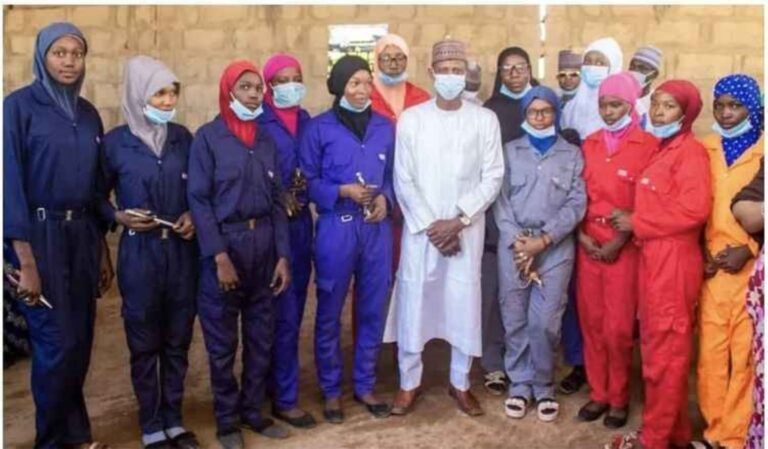
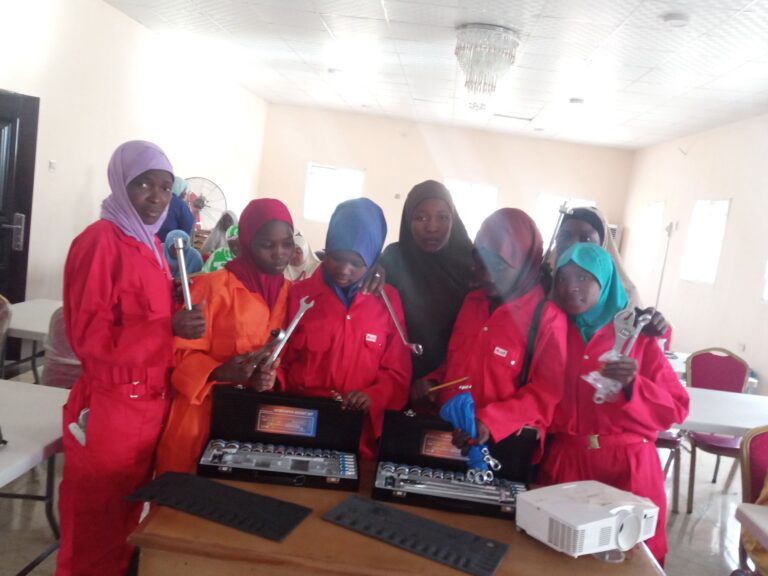
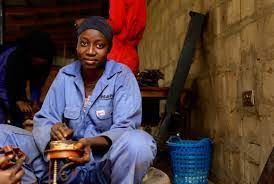
Background
There is increasing recognition that economically empowering women is essential both to realize women’s rights and to achieve broader development goals such as economic growth, poverty reduction, health, education, and welfare (ICRW, 2011). Women are segregated and have very limited access to education for political, religious, or social reasons.
In Nigeria, widows live in abject poverty with their children malnourished, and prone to diseases. Furthermore, the population of widows is increasing in Nigeria, and yet little is known about them and the challenges they go through. Many of these widows rely on petty trading because of insufficient funds to engage in lucrative business that would be sufficient to take care of themselves and their children.
NANA believes that a woman is economically empowered when she has both the ability to succeed and advance economically and the power to make and act on economic decisions. Specifically, women need the skills and resources to compete in markets, as well as fair and equal access to economic institutions. Furthermore, women need to have the ability to make and act on decisions and control resources and profits.
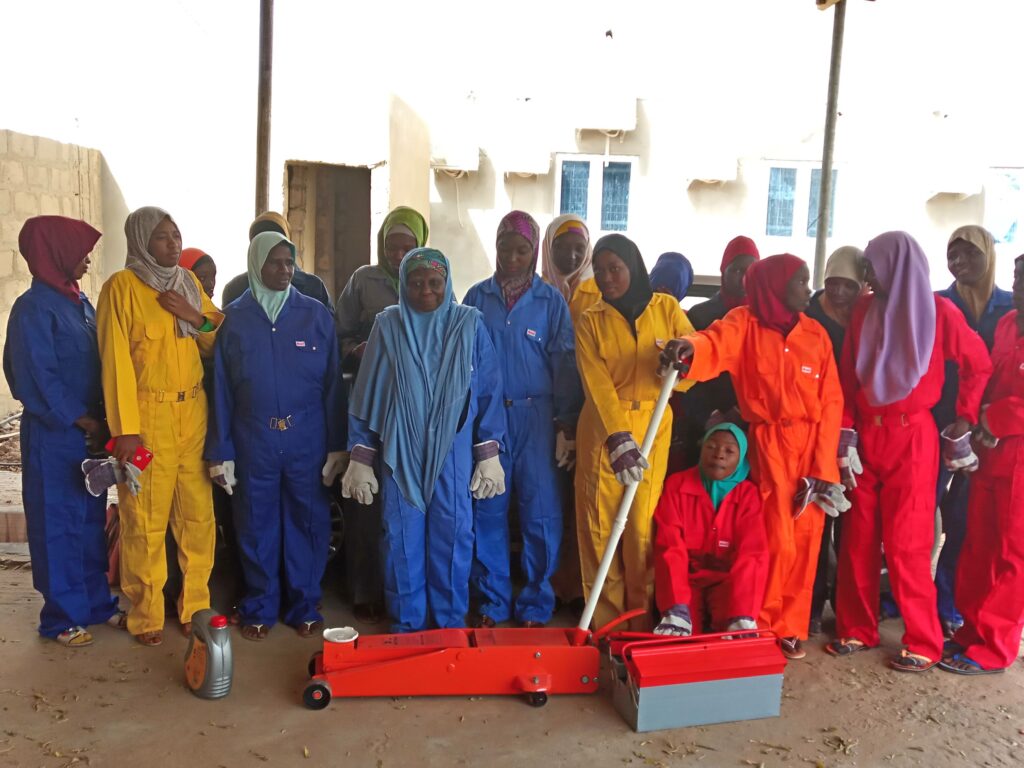
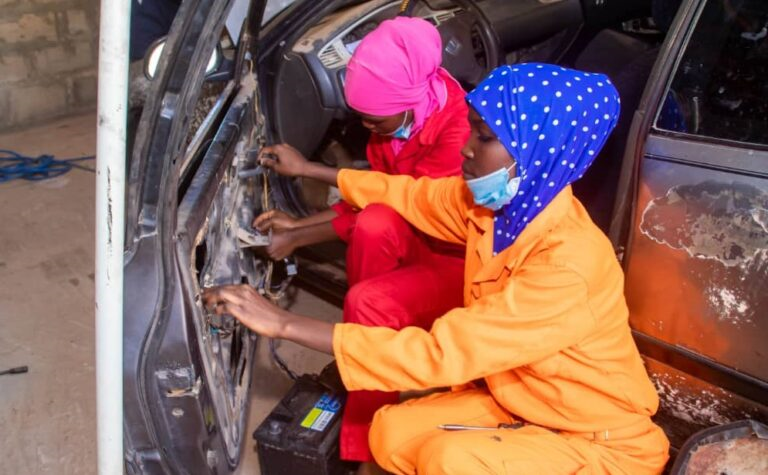
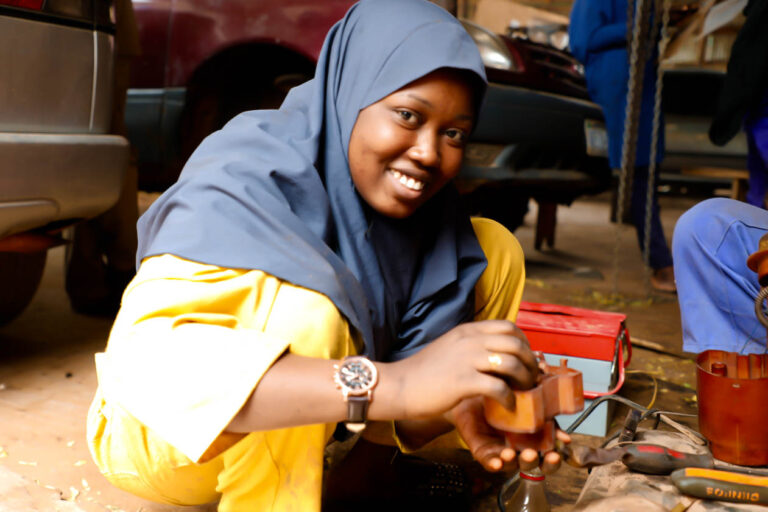
- To succeed and advance economically, NANA is engaged in
- Training of female mechanics in Sokoto, a conservative state in Nigeria
- Creation of WSLG with xx members across Sokoto and Kebbi States
- Integration of Fintech into WSLG activities
- Furthermore, the process of opening a technical hub to train women, girls, and vulnerable people in technical skills, like phone repair, home electric repair, and generator repair is ongoing.
- To have the power and agency, NANA through Social and print media engaged the local community on the need to support women and girls to engage in any kind of legally accepted trade, like female mechanic
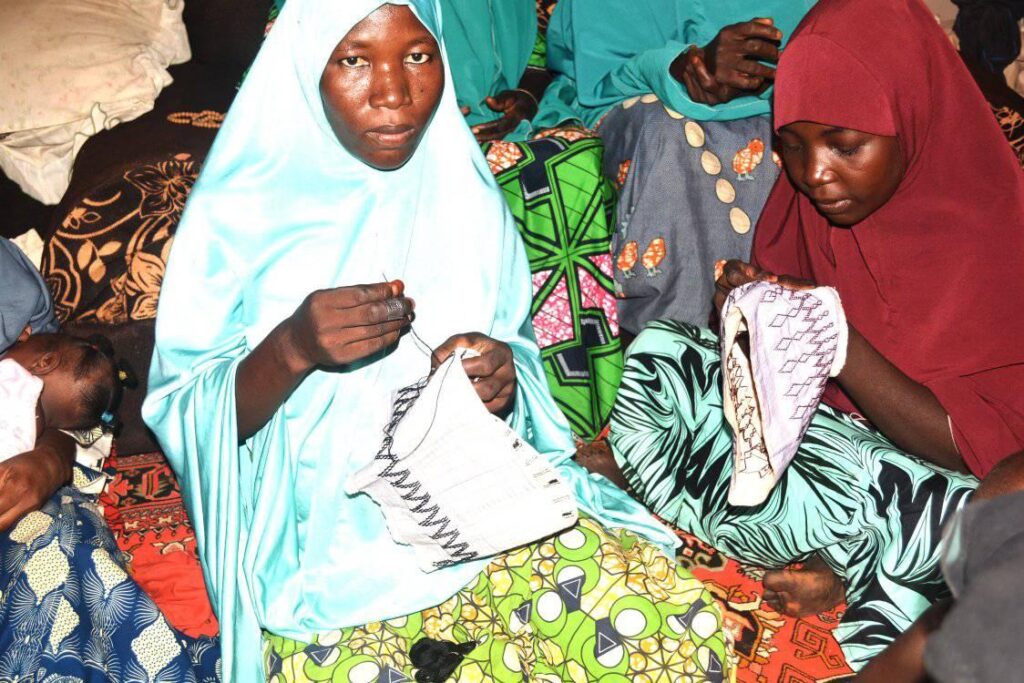
Successes Recorded
Challenges Encountered
- Luncheon of female mechanic garage by Jelani Aliyu, Director General, National Automotive Design and Development Council (NADDC)
- Graduation of 3 female mechanics who are currently repairing cars at the NANA female mechanic garage
- Online and print media visibility
- The general public perception of auto repair as a job only for men and not ideal for ladies.
- The unavailability of professional tutors, currently NANA has to rely on traditional roadside mechanics whose teaching methodology is unsystematic with a lot of hard labor and therefore may take 5 to 10 years to train a student
- Unavailability of female-friendly tools, modern tools that require more brain work than hard labor
